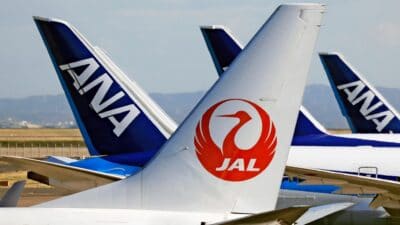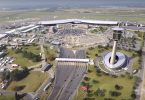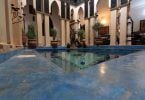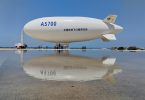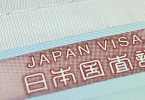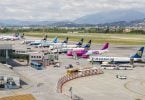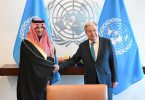(eTN) – The Undersecretary in the Ministry of Wildlife Conservation and Tourism in Southern Sudan, Dr. Daniel Wani, threw the doors wide open for potential investors in the sector last week, following the successful independence referendum. In details availed from Juba, he was quoted to have said that his ministry was seeking an immediate investment volume of US$150 million from private sector investors in the aviation, hospitality, and safari sectors, while also encouraging private-public partnerships in the wildlife sector.
Opportunities exist now across the entire Southern Sudan, not just the capital Juba – which is also capital of the Central Equatoria State – but the other nine state capitals, too, where accommodation and hospitality services will be in much demand after independence.
Juba presently has no hotel of international top standards, and while hotels, often called “camps,” have over the past 5 years graduated from initial tents over prefabricated and air-conditioned units to the conventional brick and mortar construction, much needs to be done to bring quality in both construction and finishing, along with management expertise.
The wildlife sector also presently has only one partially-functioning lodge on offer in Nimule National Park, while the other 5 national parks require investments to open them up to tourists. Initially this is thought to be rolled out through mobile or semi-permanent tented camps, the classic traditional “safari style.” while undoubtedly the construction of more permanent lodges in key positions across those parks will also get underway.
In the run up to the formal independence date, tipped to be July 9, 2011, much added work needs to be done in regard to creating an investment code, spelling out investment incentives, resolving issues about foreign exchange – freely transactable across the East African Community but very strictly regulated by Khartoum’s regime so far – and most important an institutional, legal, and regulatory framework covering the wildlife and tourism sectors, a key demand for instance by potential investors from Kenya, Uganda, and further abroad.
Other issues which need clarification are the visa regime; the present mandatory police registration of visitors, another relict from the police state imposed in the country by Khartoum so far; and the general question of accessibility of the parks and game reserves across the South through roads or by air.
More investment opportunities await those bold enough to take the early leap into the Southern Sudan for ventures “on the Nile,” where for instance in Uganda the adventure tourists find white water rafting, boating, kayaking, and much more, all of which can be replicated in the soon to be independent Southern Sudan.
Already connected very well by air from Nairobi – from where the most flights each day depart for Juba – other neighboring countries like Uganda and Ethiopia now also operate daily scheduled flights from their own main international gateways to Juba. This guarantees daily connectivity for visitors from abroad, a key ingredient when the marketing of the new country’s wildlife and culture-based tourism attractions gets underway.
For now, there are exciting prospects coming up with arguably Africa’s last frontier being opened up for exploration, and the migration of the white-eared kobs, second only to the Serengeti migration in terms of numbers, will be a huge magnet for visitors from around the world to come and see.



